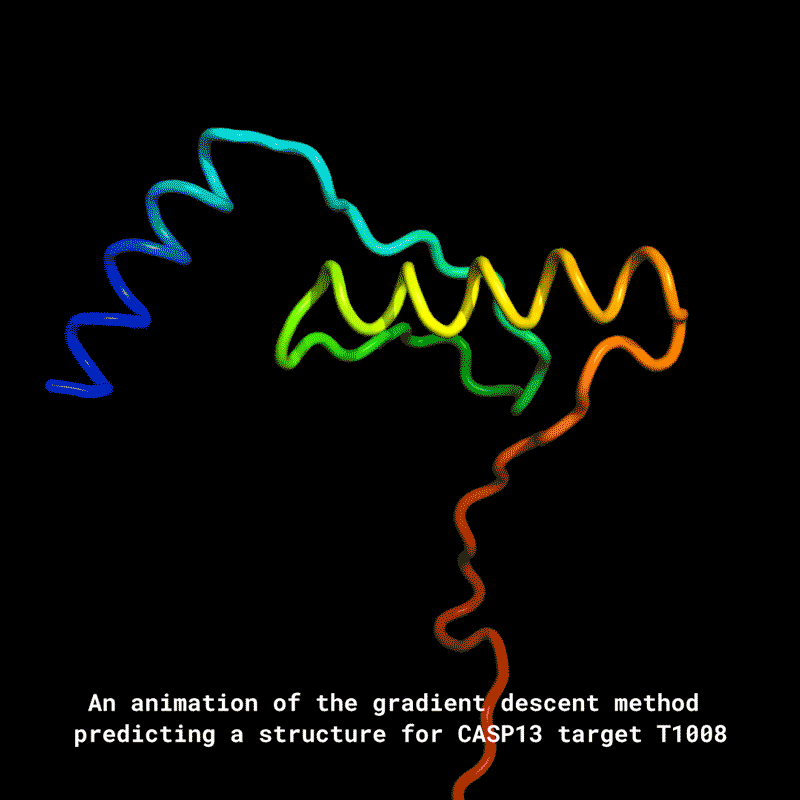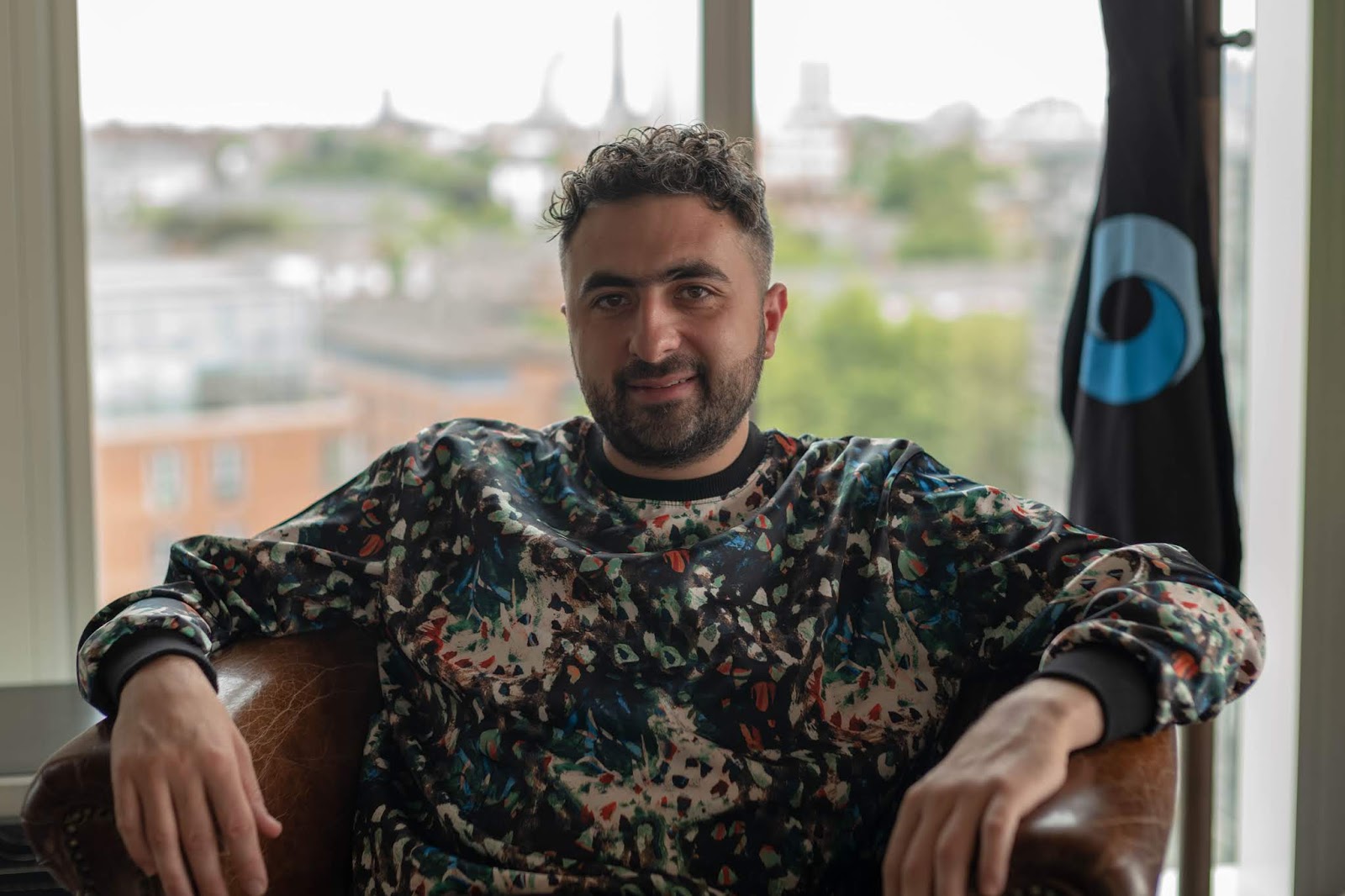- General
- December 3, 2018
- 10 minutes read
DeepMind’s AlphaFold AI Algorithm Sucessfully Predicts 3D Structures of Protein based solely on Genetic Sequence
DeepMind co-founder Mustafa Suleyman (far right) speaks at the Next:Economy Summit 2016 in San Francisco image : O’Reilly Internal on Flickr Alphabet’s…
 |
| DeepMind co-founder Mustafa Suleyman (far right) speaks at the Next:Economy Summit 2016 in San Francisco image : O’Reilly Internal on Flickr
|
Alphabet’s artificial intelligence unit DeepMind has unveiled a new milestone in demonstrating how AI research can drive new scientific discoveries this time bringing together experts from the fields of structural biology, machine learning and physics for application of cutting edge tech to predict the 3D structure of protein on sole reliance of its genetic sequence.
The system dubbed AlphaFold has been worked on for two years and is built on years of previous research relating to the use of large genomic data for prediction of protein structures. DeepMind says the 3D models of proteins generated by AlphaFold “are far more accurate than any that have come before” and makes significant progress on what counts as one of the core biology challenges.
 |
| image : DeepMind |
Framing the 3D shape of a protein based on its genetic sequence only is a complex task scientists have tacked for long, The human DNA only consists of information about the sequence of a protein’s building blocks called amino acid residues that form long chains challenging to model because of more interaction between amino acids. As noted in Levinthal’s paradox thought experiment, it would take more time than the age of the universe to itemize all possible configurations of a typical protein before reaching the right 3D structure.
The “protein folding problem” is one very important to solve as predicting a protein’s shape is foundational to understanding its task in the body and also in diagnosis and treatment of ailments like Alzheimer’s, Parkinson’s, Huntington’s and cystic fibrosis believed to be caused by wrongly folded proteins.
 |
| DeepMind co-founder and Head of Applied AI Mustafa Suleyman image : Joi Ito on Flickr
|
Deeper understanding of protein folding will eventually lead to designs of new, effective cures for diseases more efficiently and an opening up of potential within drug discovery as well as decreasing costs related to research.
Scientists over the past decades have made use of methods like nuclear magnetic resonance, X-ray crystallography and cryo-electron microscopy to determine shapes of proteins in laboratories, Methods often dependent on lots of trial and error and affected by longer time and cost amounting to tens of thousands of dollars per structure.
With artificial intelligence, The use of deep neural networks trained to predict protein properties are applied to solve this problem easily and open up a new milestone for biology around the globe. DeepMind made use of a trained neural network to predict a separate distribution of distances between every pair of residues in a protein with these probabilities then merged into a score that approximates how accurate a proposed protein structure is.
 |
| image : DeepMind |
 |
| image : DeepMind |
It also trained a separate neural network that make use of all collective distances to estimate how close the proposed structure is to the right answer. Through the use of these scoring functions, DeepMind was able to search the protein landscape for structures that fitted its predictions as it also trained a generative neural network to come up with new fragments continuously used to improve the score of the proposed protein structure.
Through this method and another which optimized scores through gradient descent, a mathematical method used in machine learning for making of incremental improvements, DeepMind found success in predicting 3D models of protein based solely on genetic sequence indicating how machine learning systems can be applied for breakthroughs in diverse fields.
 |
| image : DeepMind |
Other applications of AI technologies developed by DeepMind include AlphaGo and AlphaZero which master complex games and use of AI systems in Google data centers which reduced electricity bill by 40%.






